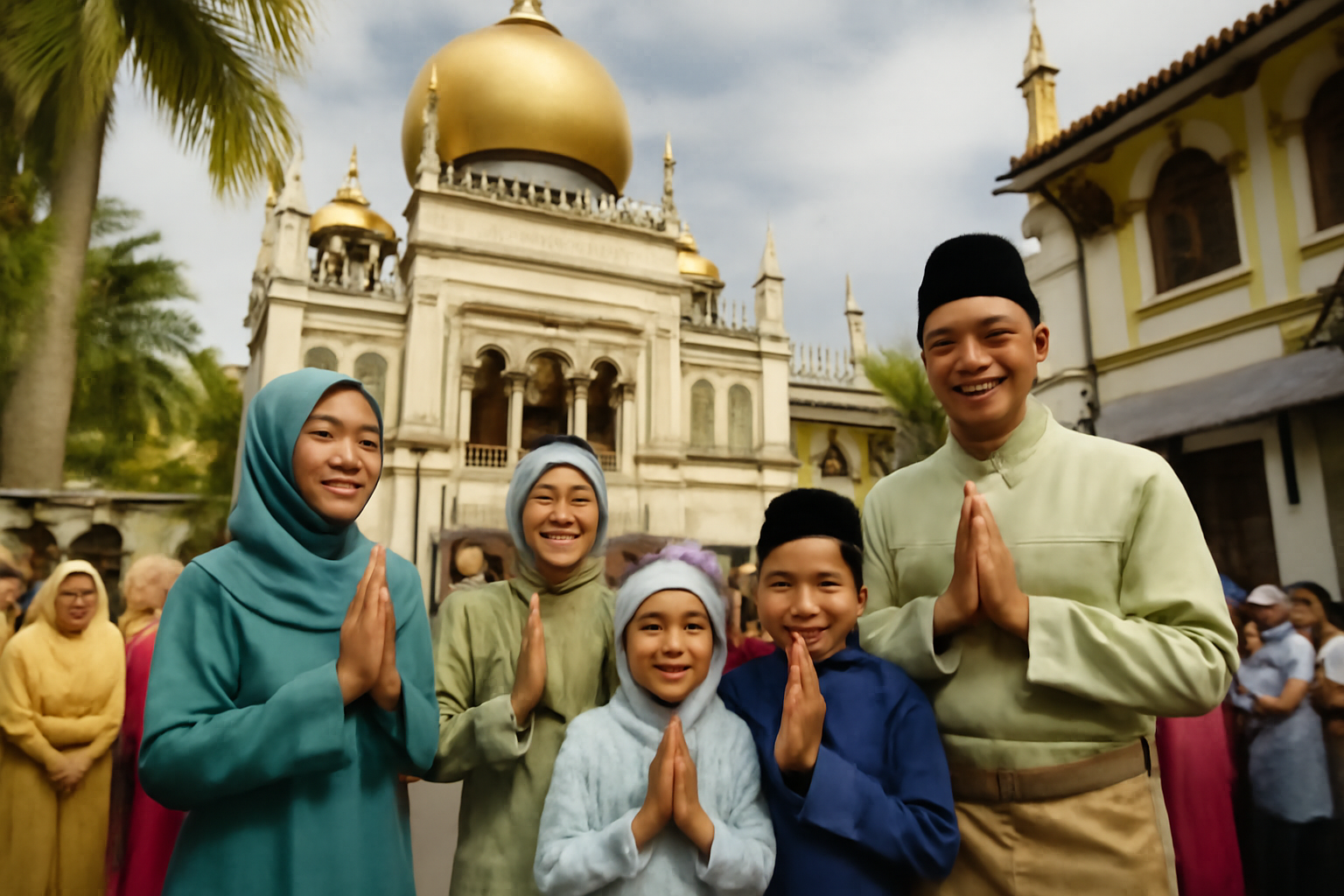Singapore has set a global example for multiculturalism, proving that ethnic and religious diversity can thrive in harmony. With a population representing a wide range of ethnicities and faiths, the country has adopted policies that promote inclusivity and social cohesion.
One of the key policies that supports integration is the Housing and Development Board (HDB) public housing program, which mandates that residential estates contain a mix of ethnic groups. This strategy encourages interaction and reduces segregation, fostering a sense of belonging for all Singaporeans, regardless of their ethnic background.
Education also plays a crucial role in promoting social harmony in Singapore. Schools emphasize the importance of understanding and respecting different cultures, and students are taught about racial and religious tolerance. Initiatives such as the “Racial Harmony Day,” observed every July 21, encourage students to engage with different cultures, fostering mutual respect among the younger generation.
The government also facilitates interfaith and interracial dialogues through platforms like the Inter-Racial and Religious Confidence Circle (IRCC), which allows members of different communities to discuss sensitive issues and find solutions together. By creating opportunities for communication and understanding, Singapore has maintained its reputation as a harmonious society despite its diverse population.
